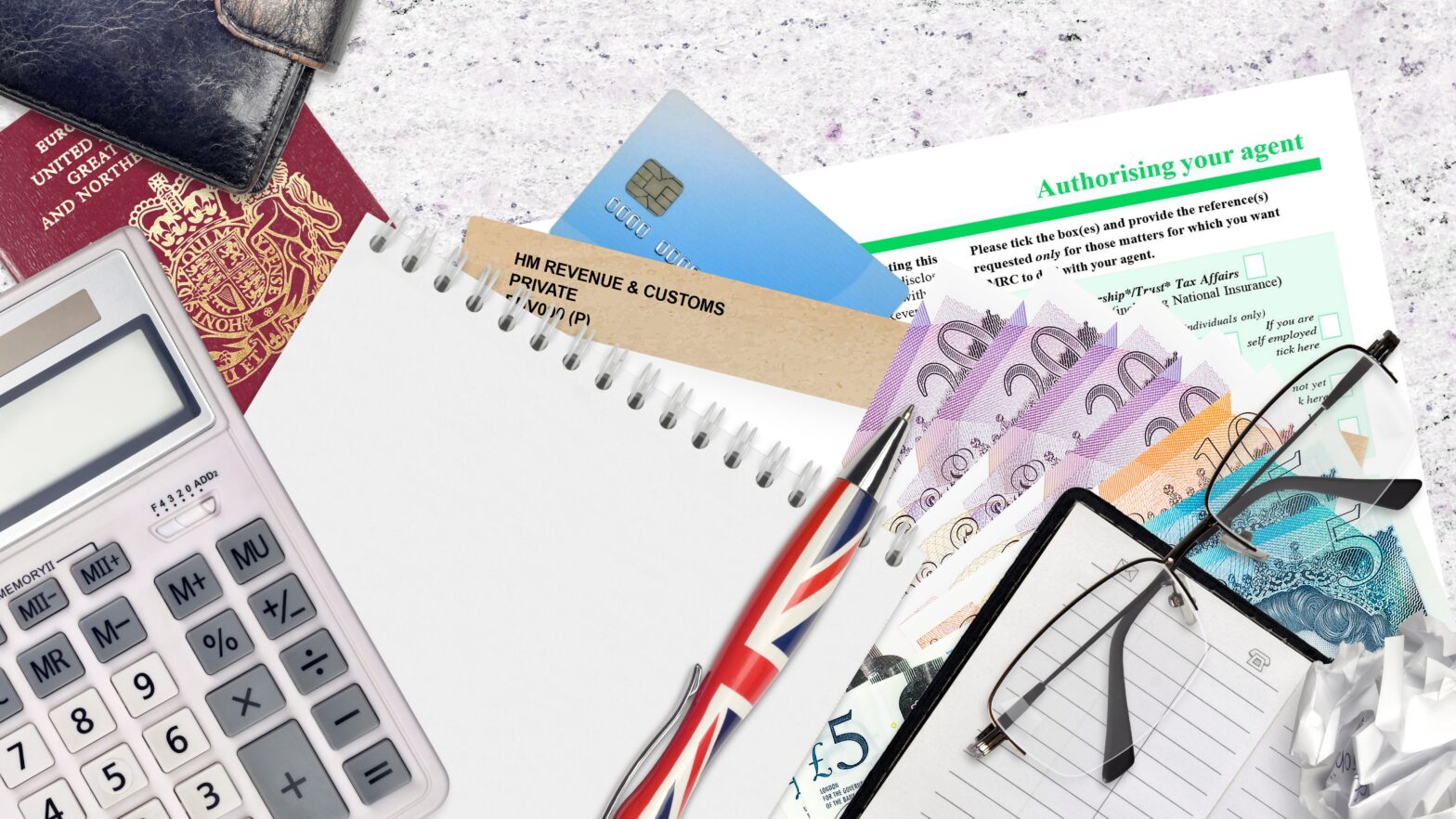There are so many ways small business owners can save tax. In fact, there are actually over 1,000 different tax reliefs available in the UK today. Don’t be scared as this really comes down to just 32 main ways you can save tax in your business. Let’s look at the easy wins that limited company owners can take advantage of to reduce the dreaded end of year corporation tax bill.
#1 – Employing your spouse or partner
If you pay your spouse or partner a salary for actually working in the business, then this will qualify as an allowable expense that reduces your tax bill. Better still, if your partner earns less than the income tax free allowance it will be completely tax free in their pocket. This is a great way to keep more wealth in the family and perhaps free-up some hard-earned cash to treat the kids to a lovely summer holiday.
Dividends UK tax residents are entitled to £2,000 in tax free dividends per annum. If a family member is a shareholder in your business, then they can receive this amount tax free. This is a very simple way to extract income from a limited company without paying any personal tax. In order to be able to do this you need to have the correct share structure in your company.
>See also: Making Tax Digital for Income Tax – The lowdown
#2 – Gifting shares to family members
There are tax implications to consider when gifting shares, yet the eventual savings can make it worth your while. Let’s say you earn £100,000 in your business (we all like round numbers). If you are the only shareholder, a huge proportion of this will be taxed at the higher tax rate in the UK. If you were to gift half of your shares (or in some cases issue new shares to match your own) to, say, an 18-year-old child, the dividends can be split 50/50. In the UK £50,000 is subject to basic rate tax and not a penny is then paid at the higher tax rate. This can save a business owner thousands in a single year alone. Of course, you will need to consider the wider implications of giving away part of your business.
#3 – Employing your children
Yes, you read that right. You can indeed employ your children if they are over 13 years old. There are some restrictions around working hours and you also need to actually employ them to do some work within the business. The rate of pay needs to be at a fair commercial rate. If you are paying your children anyway, why not make it a tax-deductible expense?
>See also: How to manage your accounts as a small business
#4 – Contributing to a registered pension scheme
For higher rate taxpayers this one is a must. Pension contributions are tax-free. This means that for higher rate taxpayers, to give up just over £5,400 in net income (after corporation tax and higher rate dividends tax), they can contribute £10,000 into a pension from their company tax-free. The business can also claim this as a deductible expense and receive corporate tax relief of almost £2,000.
#5 – Personal assets used in the business
If you are using your own personal assets in your business, then there is a claim that can be made to reduce your profit and tax liability. For example, are you using your own mobile phone and laptop in the business? If yes, then this can be claimed in the business (sometimes only a proportion).
#6 – Mobile phones
If you employ family members then in addition to your own mobile phone, the business can also pay for other employees’ mobiles. If this so happens to be your wife and children that is fine too.
#7 – Trivial benefits
A company director can receive up to £300 per year in “trivial benefits”. These are payments for anything that is not performance-related and are not cash. They need to also be less than £50 per transaction. For employees, there is no limit to the number of trivial benefits that can be paid.
Stephen Edwards is director of Cheltenham Tax Accountants
More on corporation tax
Ways to cope with corporation tax – A guide on how to pay HMRC its tax on the wealth you create.





